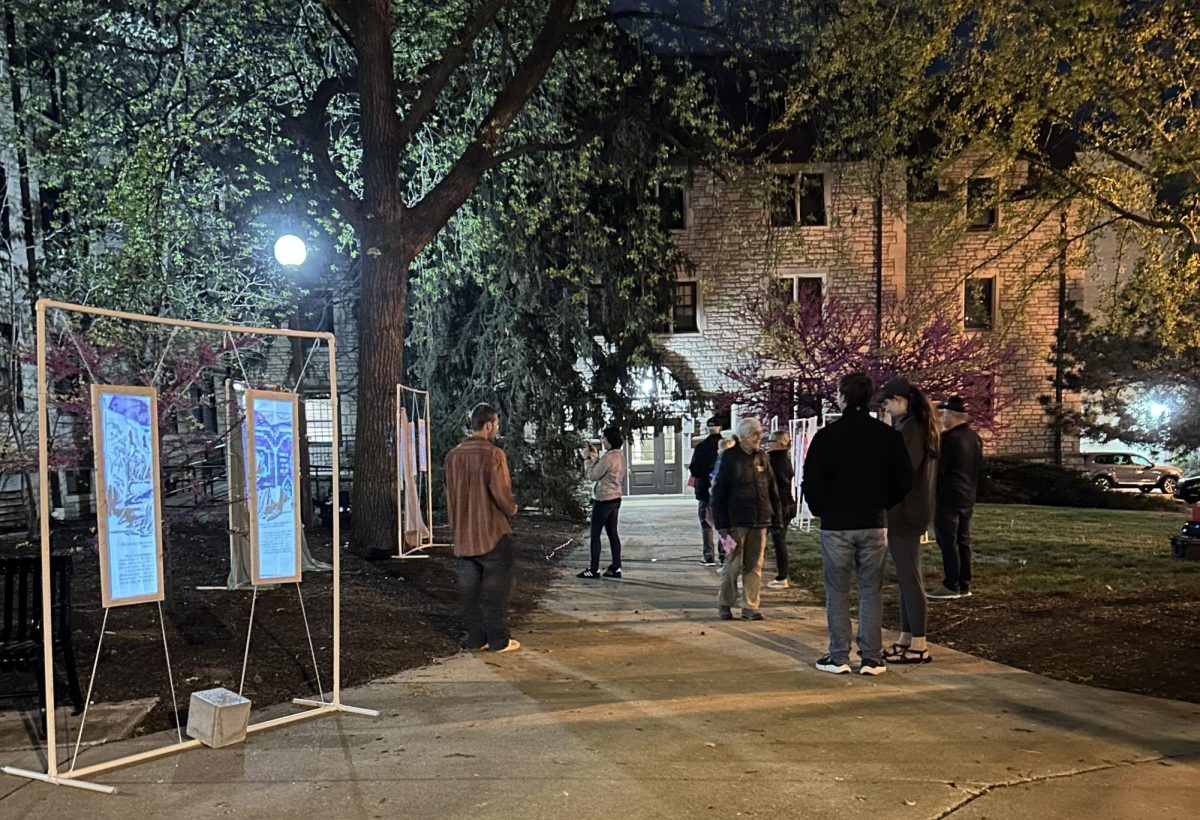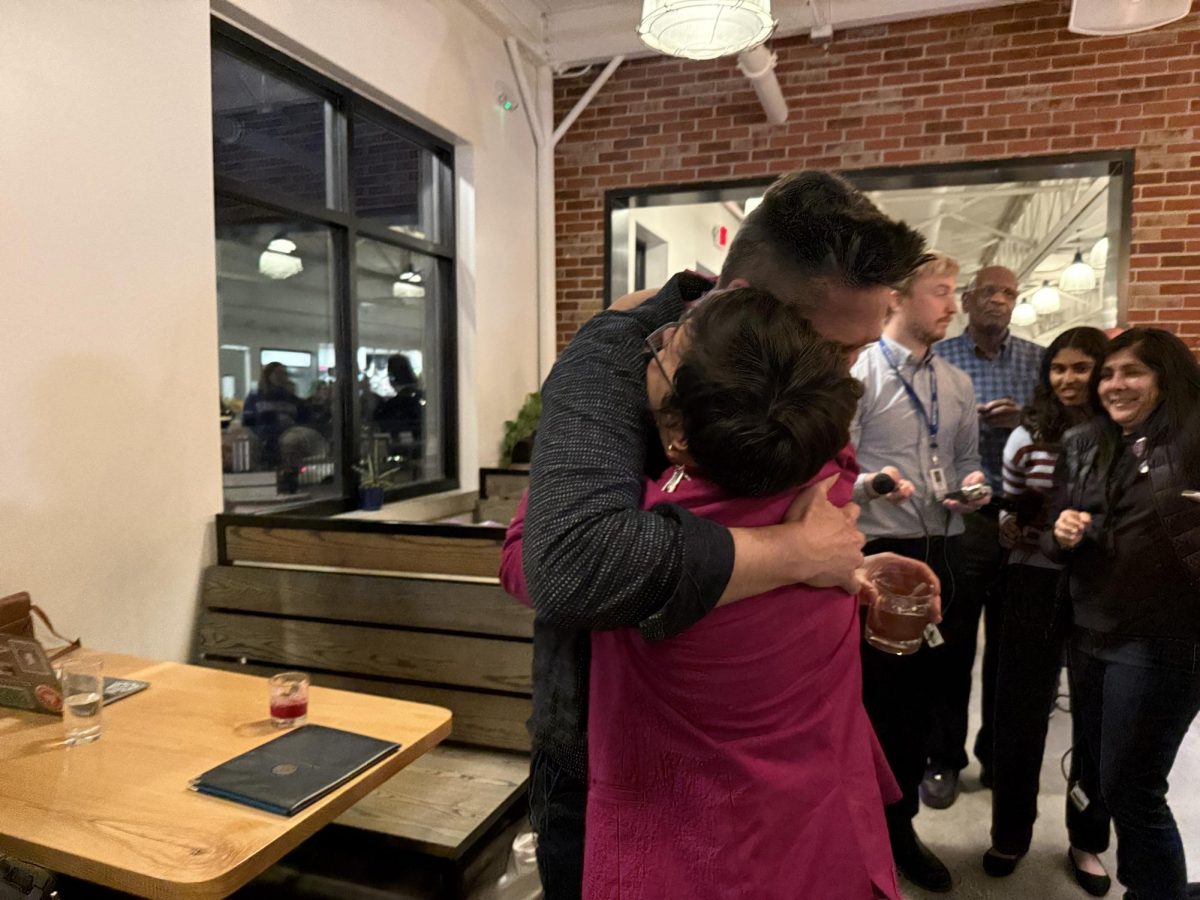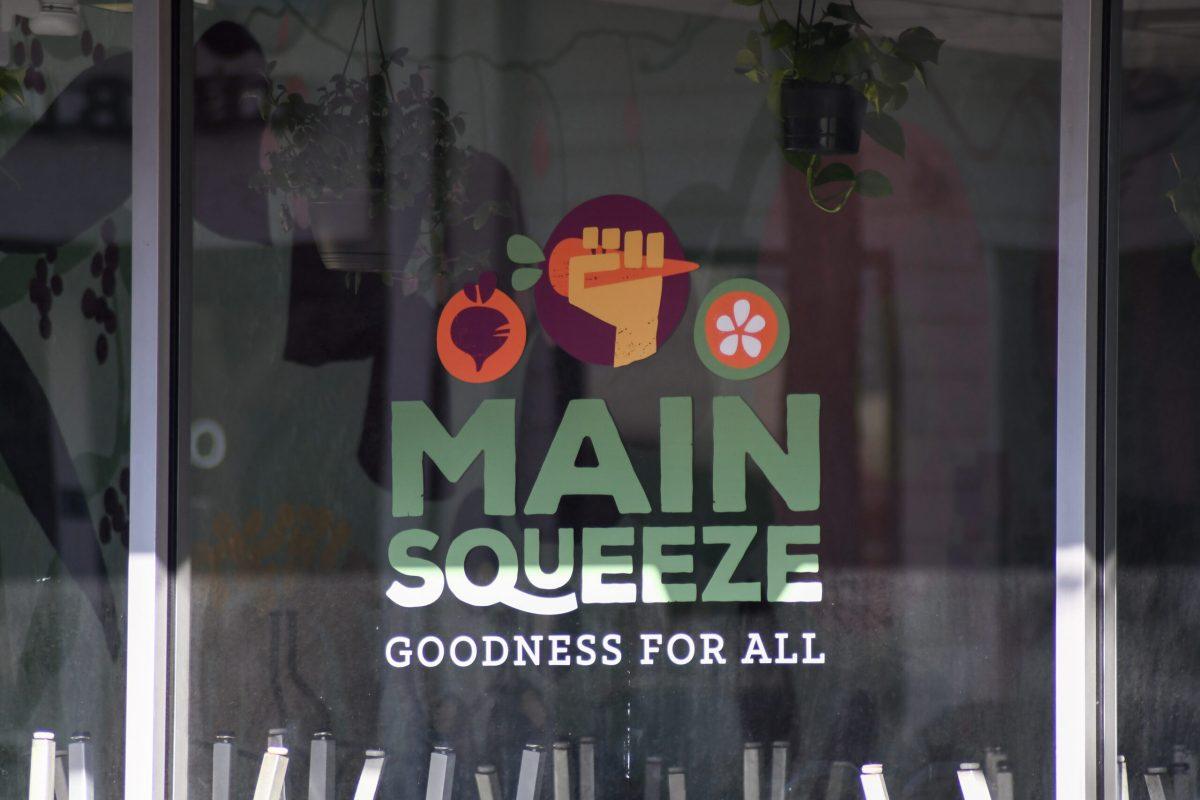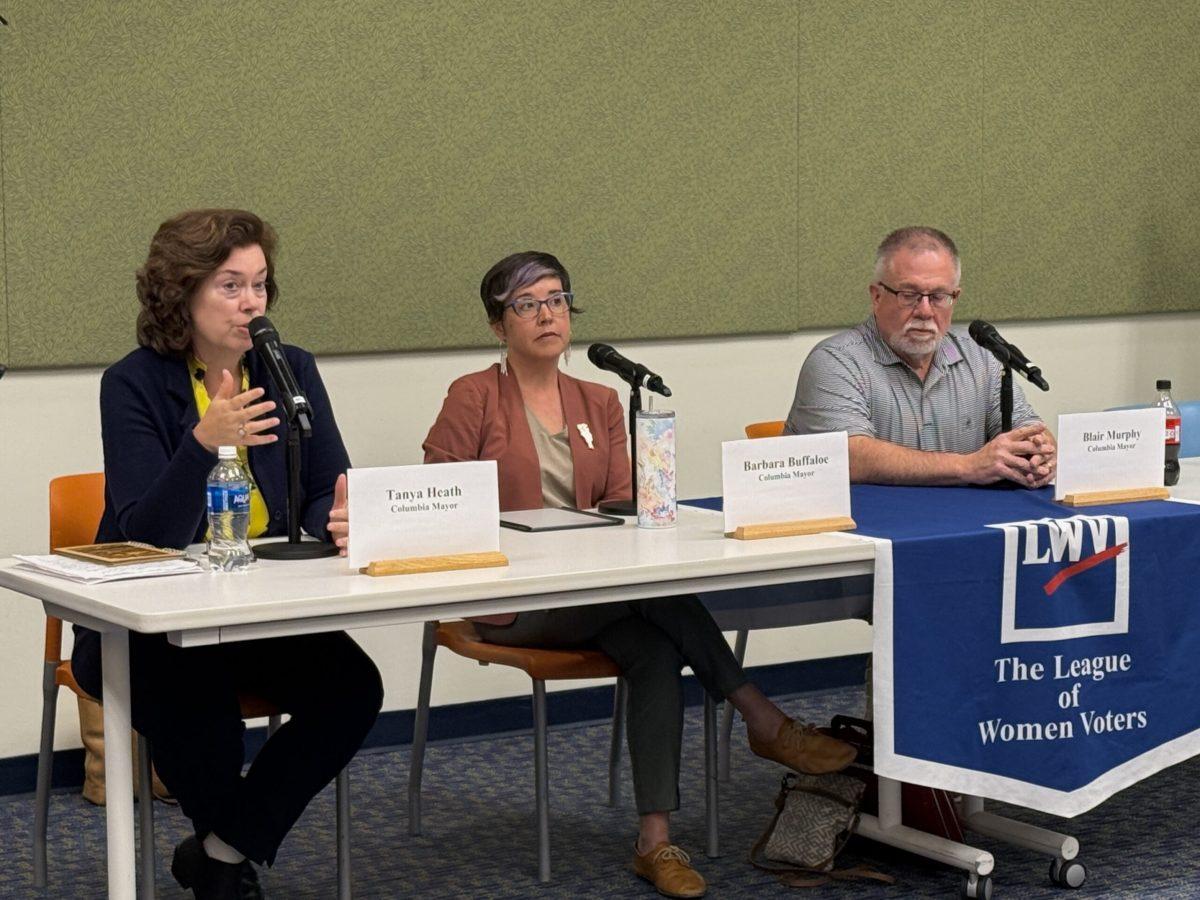Lathrop and Wolpers Halls will go co-ed, effective in fall 2011, in an effort to accommodate students’ demands, Residential Life Director Frankie Minor said.
“Generations ago, or even decades ago, we had a lot more single-gender halls,” Minor said. “Over time, student interest in the single-gender experience has been declining, and I think it’s due in part to things like Freshman Interest Groups and Learning Communities. They’re co-enrolled in classes together, so the fact that they’re living with each other down the same hall seems just natural.”
When Wolpers Hall becomes co-ed, there will be no more all-male residence halls on campus. Jones and Johnston Halls will soon be the only all-female halls available.
“I wouldn’t live here again if this became co-ed,” Johnston Hall resident Brittany Bennett said about Johnston Hall. “We cater to the needs of girls. Building each other up is uplifting and empowering.”
The decision to convert Lathrop Hall to a co-ed hall was based on its retention rate.
“I know there’s a stereotype (in Lathrop and Jones) that they’re all Greek,” Minor said. “We know that’s not true, but there is a large Greek population in those buildings. Consequently a lot of those women choose to move to their chapter house. Lathrop had slightly lower retention than Jones did, so that’s why we chose Lathrop.”
Minimal changes will be needed to convert single-gender residence halls into coed residence halls, Minor said. Mainly, the Department of Residential Life will look into converting bathrooms.
“But what many people don’t know is Wolpers was actually an all-women’s hall at one point, so there won’t really be any additional modifications,” Minor said.
MU will also make sure that community-style restrooms have the ability to lock.
“It’s something to look forward to,” Wolpers Hall resident Markell Hayes said. “There’s nothing wrong with it. We have girls here all the time.”
Wolpers Hall resident Sean McGeehan said he doesn’t mind living in an all-male residence hall.
“Being in an all-guys dorm, people are shut in their rooms a lot, playing video games and what-not,” he said. “But it’s not bad. It just can get a little messy.”
The Department of Residential Life is also working to make sure there are enough spaces for next year’s students, including offering about 240 spaces on extended campus, which includes Tiger Diggs and Mizzou Quads.
“Our goal is to only offer that for returning students,” Minor said. “Many liked the extended campus locations, because they have a private or semi-private bathroom and they get a full-kitchen and washer-dryer. We realize there is some inconvenience of them not being centrally located. Some of the students are not as happy, because it’s not the experience they’d hoped for, but many of them were able to move back on-campus.”
Gillett Hall will re-open next year, making about 420 additional spaces available.
TRUE Scholars House, a community for returning students, will also be available next year.
Minor said it’s hard to gauge how many spaces they need to make available for the incoming class, especially with an influx of out-of-state students.
“There’s a lot of demographic data that shows the number of Missouri high school graduates is on the decline, but we don’t anticipate a decline in enrollment — in fact it’s going the other direction,” Minor said. “More and more kids are coming here and finding that Mizzou is a pretty good place and a pretty affordable place, even for out-of-state students. So that’s what’s really helped us, and that’s what’s also caused the problem with bed shortages.”







